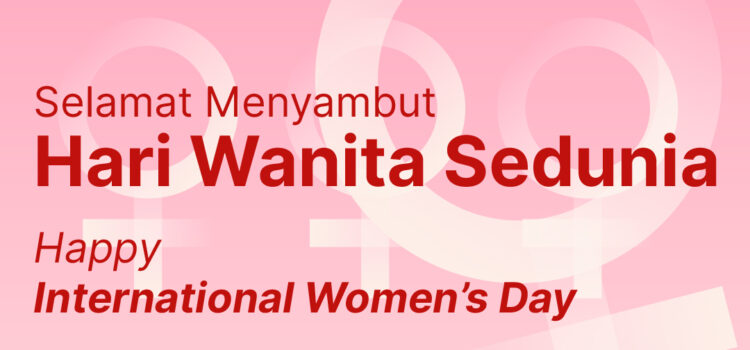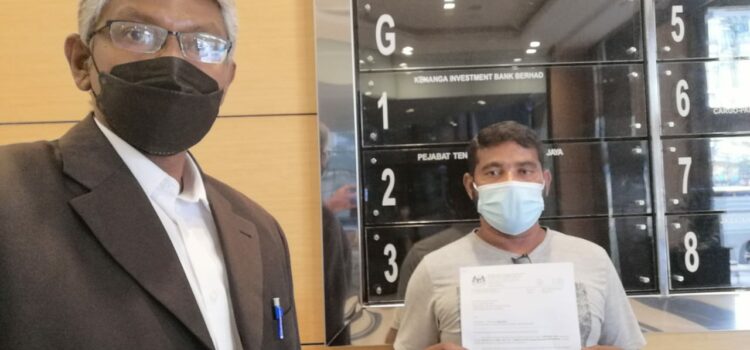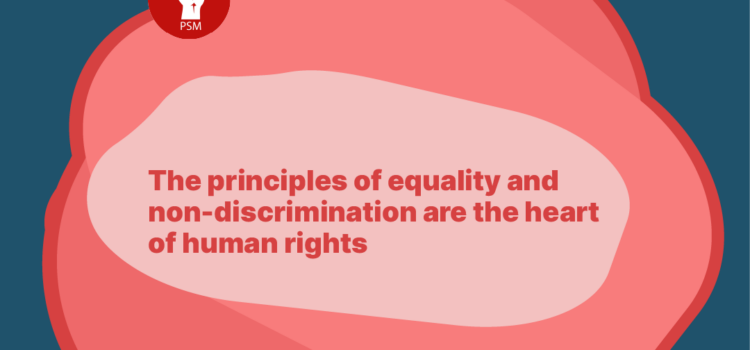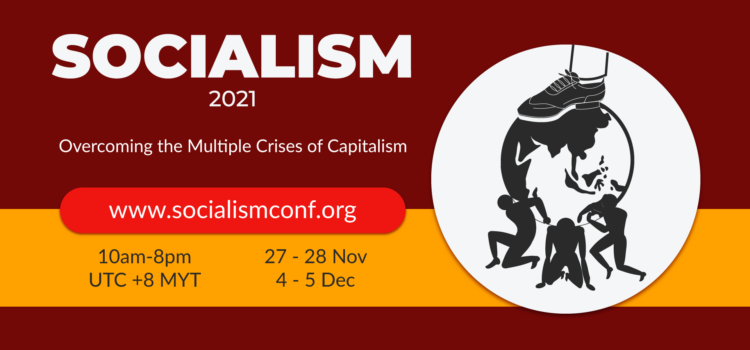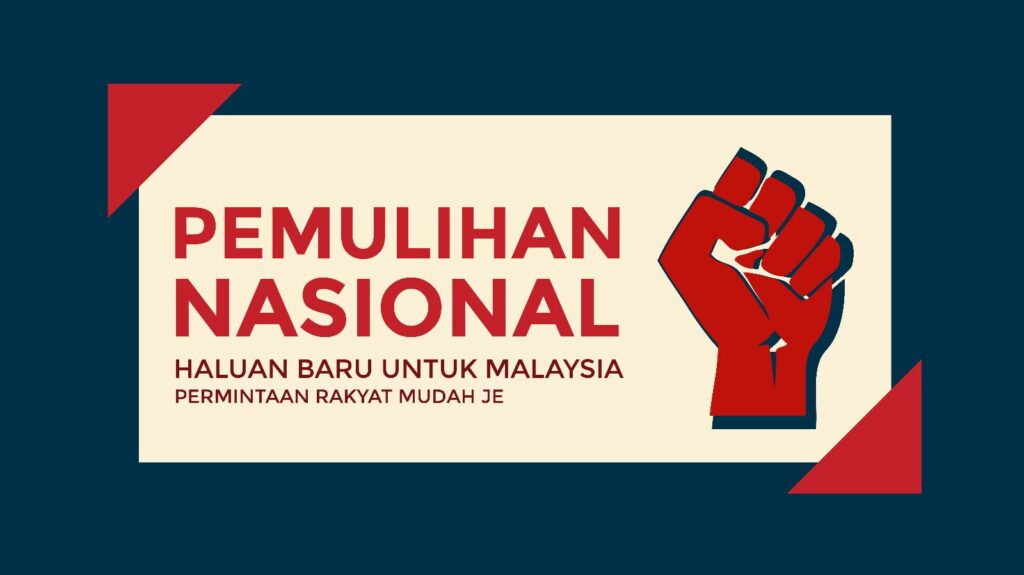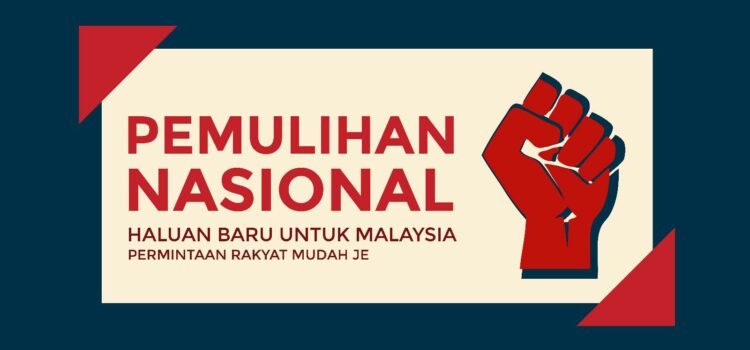Such is the irony of the situation for those employed on school premises, hospital buildings and other government offices. The government has failed to protect the employees working under their very roofs.
Who are these workers? They are the cleaners in government buildings as well as the security guards in public schools, government hospitals, ministries, government departments and agencies. There are an estimated 230,000 such workers.
Prior to the mid-1990s, all cleaners, gardeners and security guards on government premises were civil servants who were guaranteed job security. However, when the 4th Prime Minister — Tun Dr. Mahathir — introduced the privatization policy in 1996, the existing system switched to a contract system that effectively dismantled their secure employment.
This contract system was initially established to create a group of Malay contractors, and was intended to help encourage the participation of Malay entrepreneurs in the business sector. Hence, all staff who were initially employed directly by the government had then transitioned to being employed by contractor companies, where they continued their work as usual on the same premises.
Contractor companies were awarded contracts by the government’s procurement unit for a fixed period — usually around three years. Once this period was over, the contractor would resubmit their tender bid. If it was a different company that eventually succeeded in securing the tender, the existing workers would end up being absorbed as employees of the new contractor.
This means that, even an employee who has worked as a school building cleaner for a period of 20 years, would be treated as a new employee every 3 years, with their salary and other benefits remaining at the level of a new staff. It also means that they will only be paid minimum wage, despite having years of experience. No increases in salary, because they will be considered a new employee to every contractor! Their entitlement to annual leave and sick leave will also remain the same.
Apart from this, security guards also face issues with delays in the payments of wages, unexplained deduction from wages, irregularities in calculating overtime pay, insufficient EPF, SOCSO, Employment Insurance System (EIS) contributions and so on.
Contract workers employed as cleaners in government hospitals also suffer bad working conditions, despite being in the front line of Covid-19 frontliners. At a time when the world is fighting against Covid-19, our government still refuses to acknowledge these contractors as frontliners.
Doctors and nurses at hospitals are recognised as frontliners and have been granted an allowance of RM600 under the pandemic stimulus package in 2020. Budget 2021 also included allocations for a special allowance for this group. However, contract workers on the premises of government hospitals, like cleaners and security guards, have not been granted this same recognition. The government is discriminating against this group of workers. Minister in the Prime Minister’s Department (Special Functions) Mohd Redzuan Md Yusof had once also said in Parliament that hospitals cleaners would not be given the payment or ‘one-off’ assistance of RM300 (https://www.malaysiakini.com/news/553331).
Do they not realise that, both before and after doctors or nurses treat a patient, it is the contract workers who have to clean the area? How is it that they are not acknowledged as frontliners even though they face the same risks as doctors and nurses?
This is the kind of oppression workers face as a result of the contract system. In order for just a handful of Malays to be made into entrepreneurs, the majority of Malay workers are oppressed and deprived of their rights.
The contract system currently practised clearly contradicts the Employees Act 1955. Section 11 of the Employees Act states that a job can only be offered as a ‘fixed term contract’, if it is seasonal work, specific and not always required. This refers to construction work or maintenance work, that will be over once the construction or maintenance is completed.
However, cleaning work on government premises as well as security work in buildings will be required for as long as that building is still functioning. So why is it then, that these workers are hired permanently as contact workers and then let-go-of when they are no longer needed?
This contract system only exists to protect political cronies in order to maintain the political and financial stability of the ruling government. It allows a middleman, i.e. a contractor company, who has no actual links to the work and the workplace, to control and lead the workers. These middlemen or contractors violate employment laws and often prey on employees by failing to contribute to Socso, EPF and so on.
Although many complaints have been lodged against these oppressive contractors, they seem to be unaffected and are still able to successfully secure government contracts. Even when blacklisted, they are easily able to use other contractor companies, under the names of their family members, to continue doing business and bidding for government tenders.
The contract system that was first introduced was supposed to help reduce government expenditure by outsourcing such services, as this would mean that the government would not have to pay workers or undertake efforts to protect their welfare.
Nevertheless, in the last 25 years, the reality is that this system has burdened the government with even more costs, as the Department of Manpower (JTK) and the Department of Industrial Relations (JPP) has had to handle lots of complaints regarding the poor treatment of workers by private contractors.
Therefore, this system of employing workers on a contract basis due to the outsourcing of services on government premises must be stopped. PSM urges the government to continue absorbing these workers as permanent government employees with the same benefits other civil servants are entitled to. This indirect suppression of workers’ rights by the government is ironic and shameful. For the sake of workers’ rights, it must be stopped immediately.
This article is part of an ongoing series in PSM’s alternative action plan, Pelan Pemulihan Nasional. The basic document can be found here. (https://partisosialis.org/wp-content/uploads/2021/09/Dokumen-Asas-Pemulihan-Nasional.pdf)
A. Sivarajan
Secretary General, Parti Sosialis Malaysia
